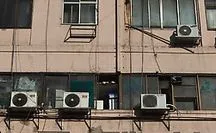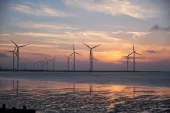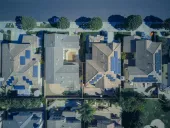
South Korea bans air conditioning to cope with worsening power crisis
And this amid a scorching heat wave.
The South Korean government has temporarily banned public buildings from using their air conditioners for three days beginning August 12. This draconian measure is intended to help avert an even greater power crisis, but will severely affects business firms.
Yoon Sang-jick, Korea’s Minister of Trade, Industry and Energy, said that if any more nuclear plants were to cease operations, the country would be forced to rely on scheduled blackouts to conserve energy.
South Korea has warned of serious power shortages this week amid an expected rise in summer temperatures as it struggles to keep up with demand after six nuclear plants went offline.
South Korea's power demand is projected to peak at 80,500 MW this week while its power supply capacity is seen at 77,440 MW.
The energy ministry said it may take emergency measures such as rolling power cuts to avoid a repeat of 2011 blackouts. Of South Korea’s 23 reactors, three are undergoing maintenance or have expired operational approval while the other three are replacing cables supplied with fake certificates.
Oil, gas and coal produce most of South Korea's electricity, but nuclear plants generate more than 30% of power.



















 Advertise
Advertise







